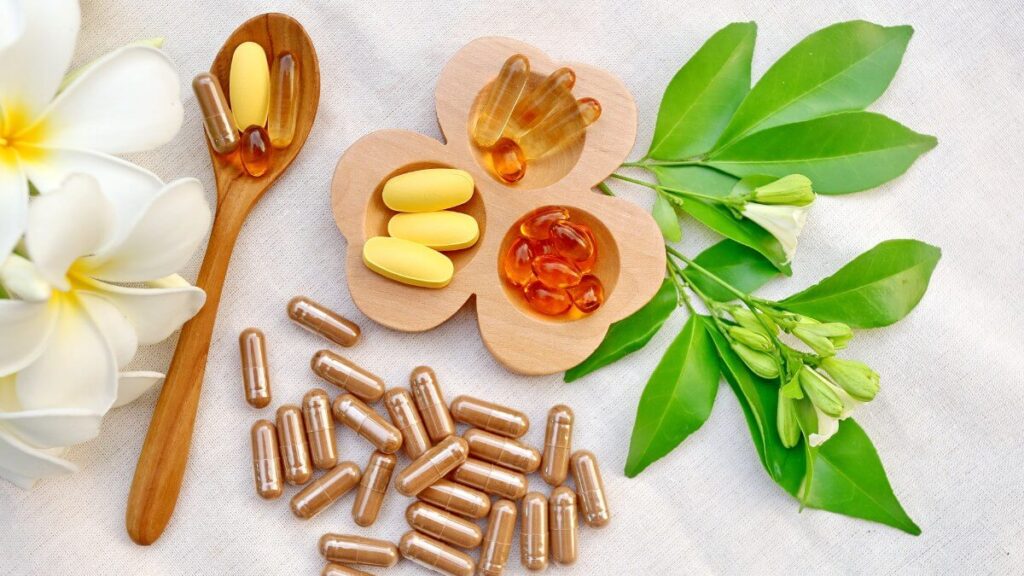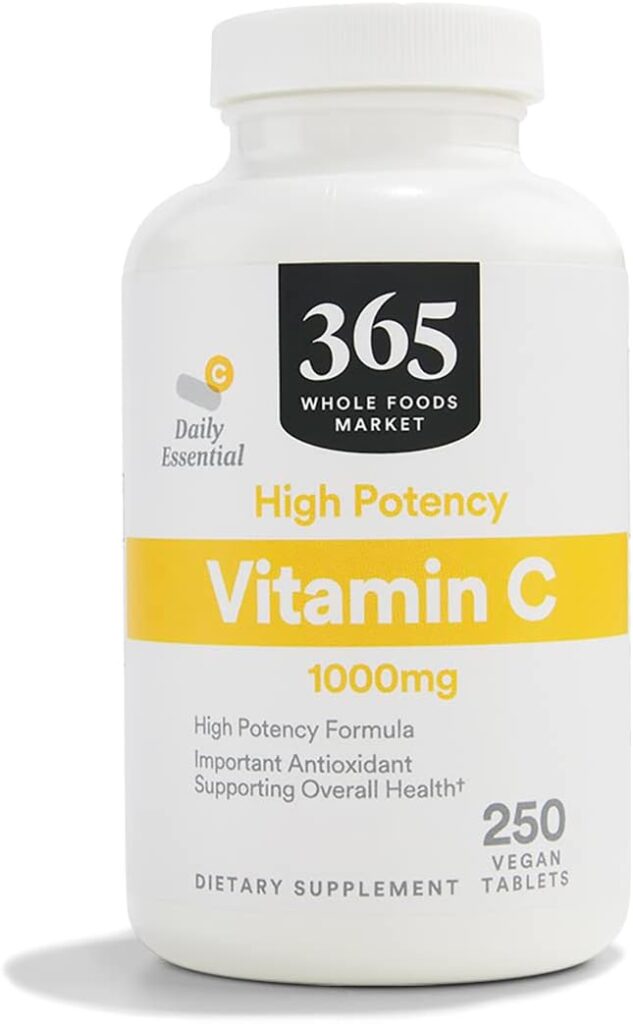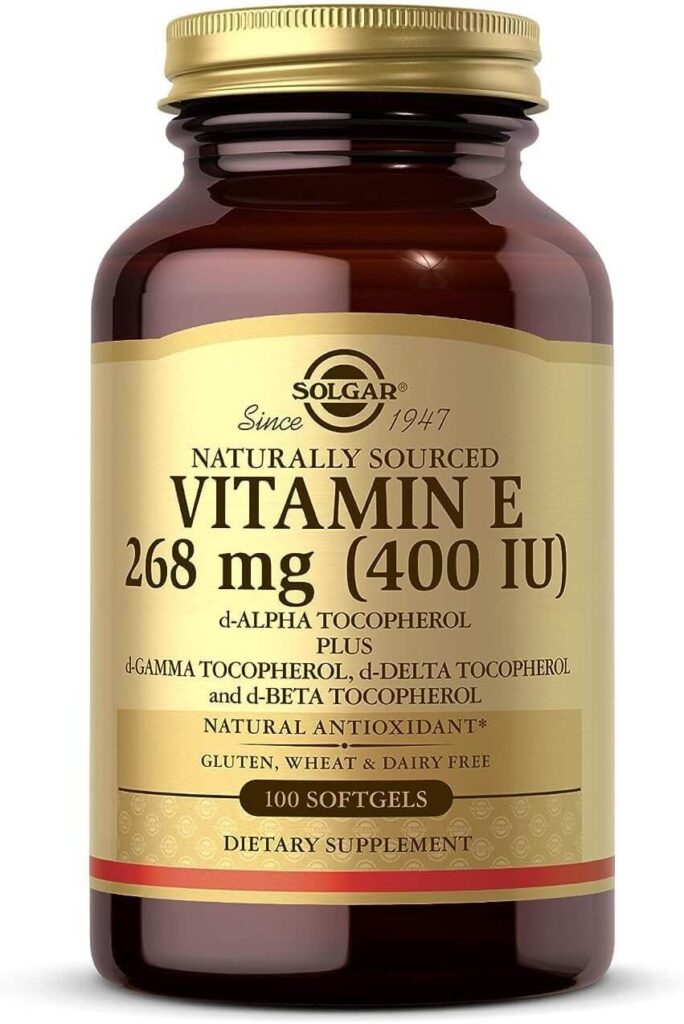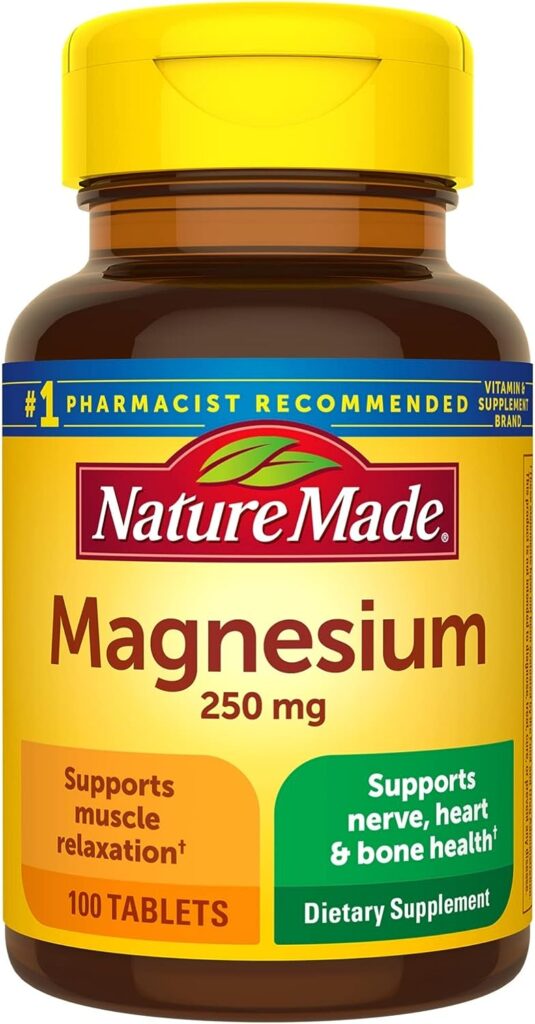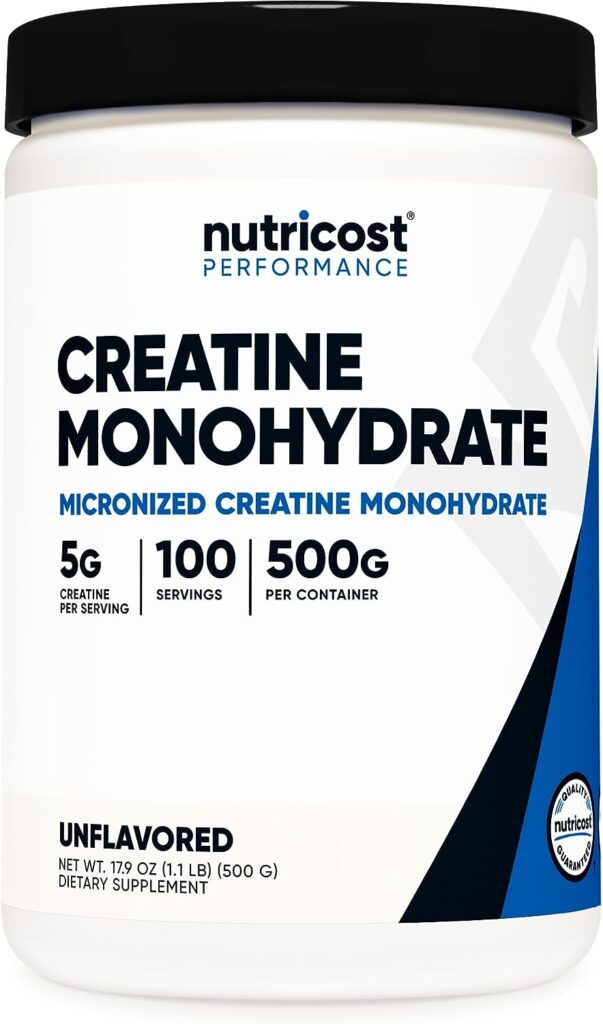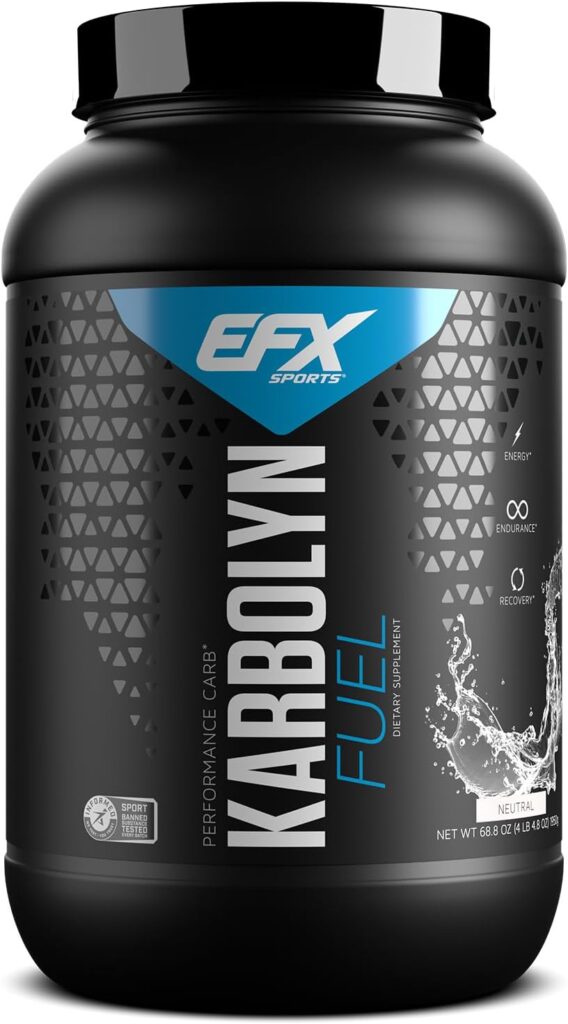Muay Thai Supplements: This article delves into the realm of dietary supplements, shedding light on their vital role in supporting rigorous Muay Thai training. The demanding nature of Muay Thai calls for a substantial intake of nutrients, vitamins, creatine and proteins, a need that can be effectively met through supplementation. By incorporating supplements into your regimen, you can enhance and elevate your performance, complementing your existing diet plan. We present a comprehensive guide to the finest dietary supplements tailored for Muay Thai and Kickbox training, detailing their effects and the reasons behind their inclusion in your routine.
Table of Contents
Mineral & Vitamin Muay Thai Supplements
Essential Supplements for Muay Thai and MMA Training: Vitamins, along with crucial minerals like magnesium and calcium, are pivotal components in the realm of Muay Thai and MMA training. In the sections that follow, we present a comprehensive guide to valuable dietary supplements tailored specifically for Thai boxers and martial arts fighters.
Vitamin C for Muay Thai
Vitamin C is a vital nutrient that performs various functions within the body, safeguarding against the detrimental oxidation of cholesterol. Moreover, it plays a crucial role in collagen production, contributing to the fortification of blood vessels and tissues. Given its indispensable role in health, incorporating vitamin C into your diet is highly recommended. To ensure meeting daily requirements more conveniently, supplementing with vitamin C is a recommended approach.
Key benefits of vitamin C for MMA fighters:
- Boosts immune function
- enhances connective tissue
- excellent antioxidant properties
Natural vitamin C sources: Spinach, bell peppers, broccoli, Brussels sprouts, kale, parsley, black currant, guava, sea buckthorn, and rosehip.
Notably significant: Vegetables dominate the top 10 of natural vitamin C sources, with many of them commonly featured in Thai cuisine. Incorporating them into your daily meals is a beneficial option.
Supplementing with Vitamin C: Vitamin C comes in various forms, such as water-soluble powder, tablets, or vitamin blends. Particularly with less healthy diets, incorporating Vitamin C makes a lot of sense.
Our Vitamin C Supplement Recommendations for Muay Thai
Vitamin E for Muay Thai
Vitamin E is beneficial for the heart and circulatory system, mitigating the harmful effects of free radicals. It also promotes cell production. Ensuring an optimal supply of vitamin E is therefore essential for martial artists.
Key benefits of vitamin E:
- health benefits for the cardiovascular system
- powerful antioxidant
- protects blood vessels
Natural vitamin E sources: hazelnut, sunflower oil, black currant, sweet potatoes, canola oil, mango, almonds, peppers, salmon, trout
Particularly noteworthy: Numerous oils serve as excellent sources of vitamin E. Additionally, fish dishes, nuts, and almonds are beneficial suppliers of vitamin E for Thaiboxers.
Supplementing with vitamin E: Vitamin E is commonly found in tablet form. Given that obtaining sufficient dietary intake through food can be challenging, utilizing supplements is a practical choice.
Our Vitamin E Supplement Recommendations for Muay Thai
Vitamin D3 for Muay Thai
Vitamin D3, a potent form of vitamin D, is primarily synthesized by the body when exposed to sunlight. Recent studies suggest that vitamin D3 may be more effective than the widely known vitamin C. It has demonstrated efficacy in combating heart disease, high blood pressure, and schizophrenia. Vitamin D strengthens the immune system, promotes quicker recovery after exercise, and has anti-inflammatory properties, aiding in stress fracture prevention. A reliable source of vitamin D3 is highly recommended.
Tip: Vitamin D3 takes some time to accumulate in the body, so we recommend starting supplementation several months in advance.
Key benefits of vitamin D:
- strengthening the immune system
- improved recovery after exercise
- for healthy bones -> Shin conditioning
- Against inflammation in the body tissue
Natural vitamin D sources: The sun, tuna, herring.
Particularly noteworthy: Absorbing vitamin D through food is challenging, as there are few foods that are rich in vitamin D. In our opinion, supplementation is therefore necessary. Vitamin D is mainly created by UV radiation. So if you live in a sunny country, you will have fewer problems to obtain supplies of vitamin D.
Supplementing with Vitamin D: Vitamin D is offered in both gel and tablet forms. Given the difficulty of obtaining sufficient intake through food, we believe dietary supplements are necessary.
Our Vitamin D Supplement Recommendations for Muay Thai
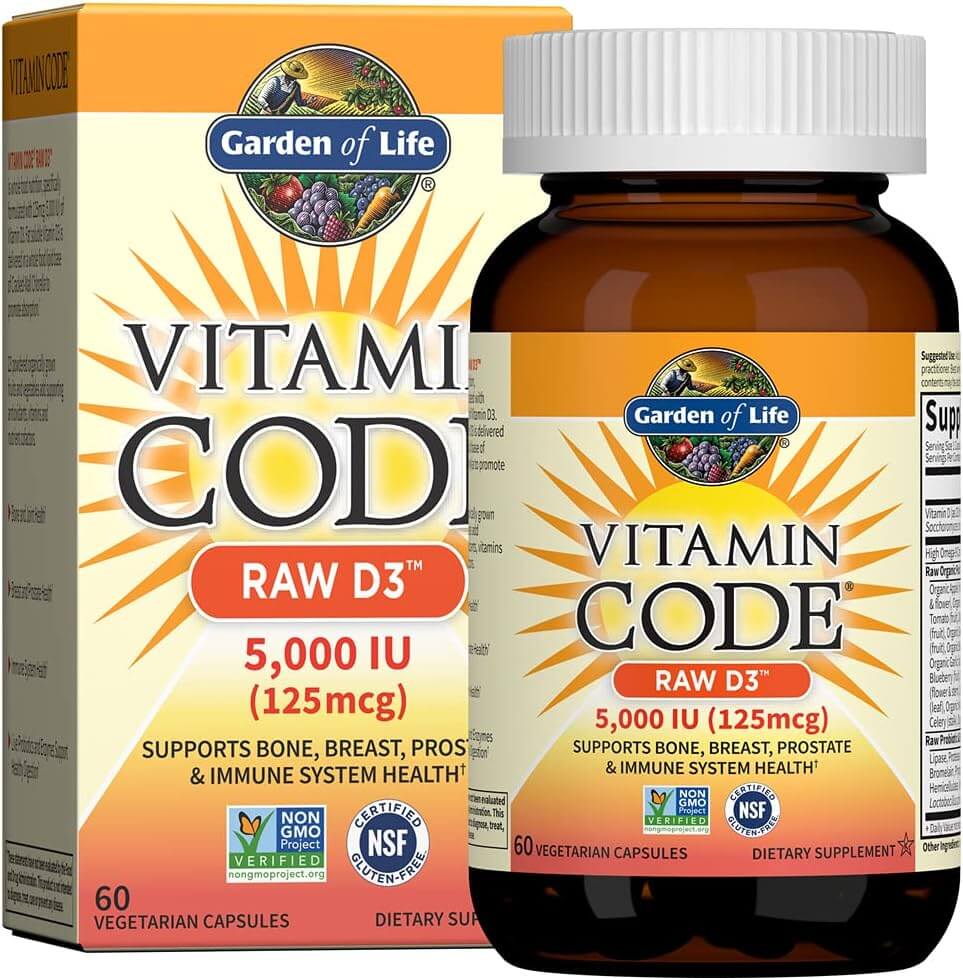
Vitamin Blends Supplements for Fighters
It’s not feasible to meet your daily vitamin requirements solely through diet. The recommended daily dose can be conveniently fulfilled with the use of vitamin blends. Numerous manufacturers offer multivitamin tablets. The essential vitamins that should be included are:
- Vitamin A
- Vitamin B1 and B2 and B3
- Vitamin C
- Vitamin D3
- Vitamin E
Key benefits of vitamin blends for fighters:
- Consolidating all essential vitamins into a single pill for overall well-being and the combined positive effects of these nutrients.
Our Multivitamin Blend Supplement Recommendations for Muay Thai
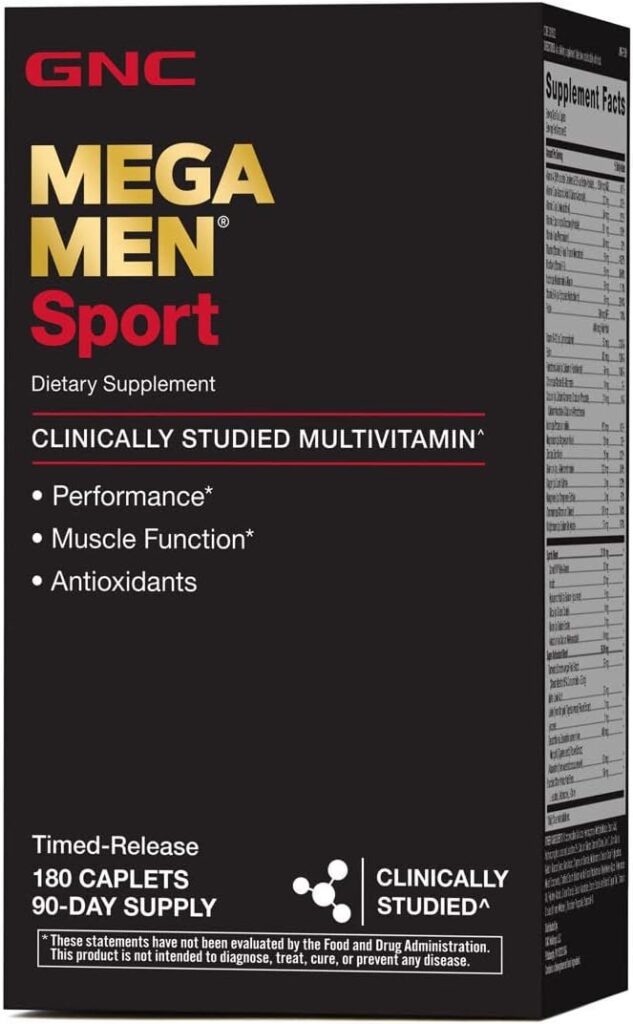
Calcium for Muay Thai
Calcium, a crucial mineral, plays a vital role in maintaining metabolism, regulating water balance, and fortifying connective tissue. It is essential for a regular heartbeat and proper blood clotting. For martial arts fighters, calcium intake is fundamental for bone formation and consolidation.
Given its significance in the skeletal structure, especially during intense exercise in hot climates where fighters lose significant minerals through sweat, external supplementation becomes imperative.
Key benefits of calcium:
- Important for the heart rhythm
- Strengthening the bones and the skeleton
Natural Calcium sources: buttermilk, yogurt, milk, kefir, curd
Supplementing with Calcium: Calcium is primarily found in tablet form. Particularly in countries where dairy products are not widely consumed, such as Thailand and Asia, supplementing with calcium tablets is highly beneficial. Calcium plays also a major role in shin conditioning for Fighters.
Our Calcium Supplement Recommendations for Muay Thai
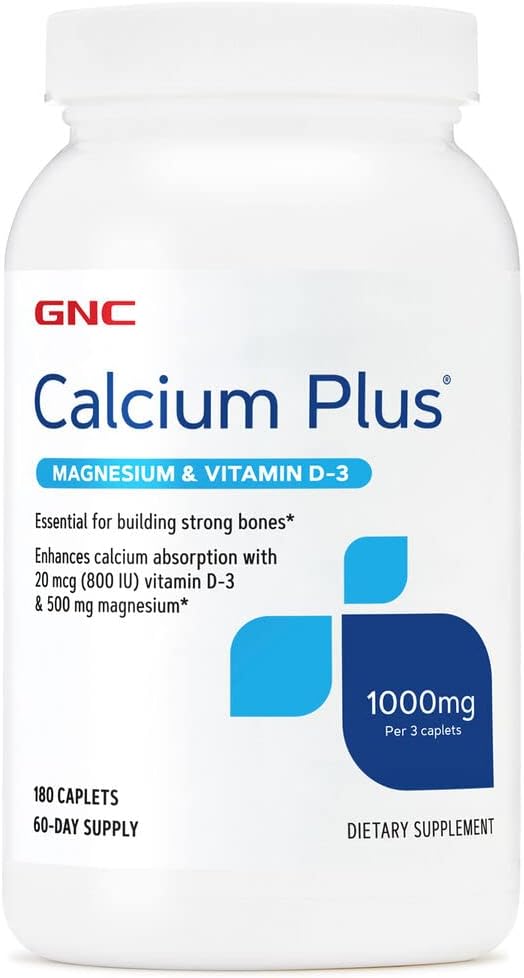
Magnesium for Muay Thai
Magnesium is essential for sustaining performance, especially during stressful conditions or intense daily training. Supplementing with an additional amount of magnesium can be highly beneficial. Magnesium not only aids in muscle relaxation but also regulates the transmission of nerve excitation, reducing stress. As a result, magnesium has a relaxing effect and may even assist in promoting better sleep. It proves to be a loyal companion during aerobic exercises like running and skipping.
The main benefits of Magnesium:
- better sleep
- relaxed muscles
- short recovery time
- increased performance in endurance training
Magnesium in foods: whole grains, oatmeal, brown rice, fish, meat, milk
Particularly noteworthy: There is no single food with a very high concentration of magnesium. Instead, magnesium is obtained from various food sources throughout the day. Consequently, individuals with unhealthy eating habits may experience magnesium deficiency. In endurance sports like Muay Thai, supplementing with magnesium is highly advisable.
Supplementing with Magnesium: Magnesium is primarily available in tablet form or as capsules. Given the limited number of foods with a truly high magnesium concentration, it is recommended to obtain magnesium through supplements.
Our Magnesium Supplement Recommendations for Muay Thai
Proteins, Carbohydrates & Creatine for Muay Thai
Proteins serve as the building blocks for muscle growth and performance in endurance sports. On the other hand, carbohydrates act as the primary source of energy for our body. Both can be incorporated as dietary supplements to complement and support our body.
Creatine is a naturally occurring compound that plays a crucial role in the production of energy during high-intensity, short-duration activities, such as weightlifting and sprinting. It is composed of three amino acids: arginine, glycine, and methionine. Creatine is predominantly stored in the muscles and is readily available from certain foods like red meat and fish.
Proteins for Thaiboxing
A sufficient intake of proteins constitutes a fundamental aspect of effective training. Proteins are well-established for their role in muscle building and providing sustained protection to muscles during workouts. This is precisely why proteins are highly favored among strength athletes.
However, endurance athletes also experience heightened protein requirements. In the intense training sessions of Muay Thai or MMA, insufficient protein intake leads the body to utilize its own protein stores, primarily stored in the muscles. This process results in muscle breakdown, ultimately leading to a decline in strength and performance.
Key advantages of proteins:
- proven muscle building
- preservation of muscle
Proteins in foods: fish, poultry, red meat, milk, yogurt, cheese, eggs, legumes, nuts and almonds.
Especially noticeable: There are many ingredients which contain a lot of protein in Thai Cuisine.
Proteins – A Preferred Supplement for Thaiboxers: Protein shakes, a familiar sight in gyms, have become a staple for many athletes. Beyond the traditional shakes, there is now a plethora of protein sources available, including protein bars, protein rice, protein biscuits, power flakes, yogurt protein, protein bread, and more.
Whether you choose protein shakes, bars, or other forms, the decision ultimately rests with you. Shakes prove particularly beneficial post-training, offering a quick and convenient protein boost. Protein bars and biscuits, on the other hand, serve as ideal protein snacks for intermittent refueling.
Our Protein Recommendations for Muay Thai
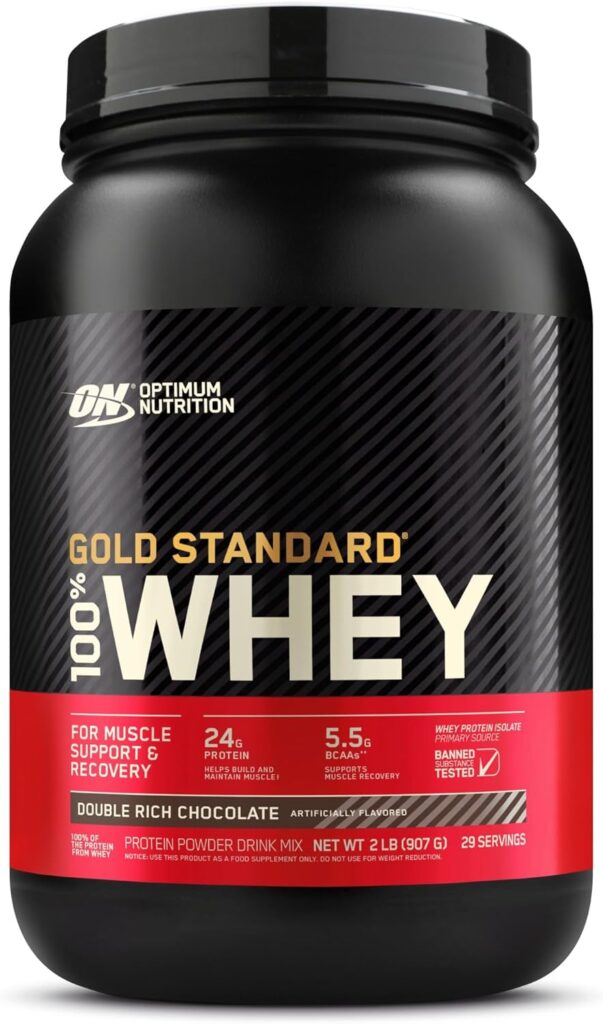
Creatine for Muay Thai
When taken as a supplement, creatine increases the body’s phosphocreatine stores, which helps regenerate adenosine triphosphate (ATP) – the primary energy currency of cells. This enhancement in ATP regeneration contributes to improved performance in short-burst, high-intensity activities, making creatine a popular choice among athletes and fitness enthusiasts.
Beyond its role in energy production, creatine has been studied for its potential benefits in muscle growth, strength, and recovery. It may also have neuroprotective properties, supporting cognitive function. Additionally, creatine supplementation is generally considered safe and well-tolerated.
Creatine is naturally found in various foods, especially in animal products. Here are some natural sources of creatine:
- Red Meat: Beef, pork, and lamb are particularly rich in creatine. Steak, in particular, contains a significant amount.
- Fish: Certain types of fish, such as salmon and tuna, are good sources of creatine.
- Poultry: Chicken and turkey also contain creatine, although in slightly lower amounts compared to red meat.
- Creatine Content in Animal Organs: Organ meats like liver and kidney contain relatively high levels of creatine.
- Dairy Products: While the creatine content in dairy is lower compared to meat, it still contributes to dietary intake. Milk and cheese contain small amounts.
Our Creatine Recommendations for Muay Thai
Carbohydrates for Thaiboxing
Carbohydrates stand out as the primary source of energy. However, they can also lead to undesired outcomes like weight gain, especially when consumed excessively and in an unhealthy manner. Many individuals tend to follow diets high in carbohydrates, resulting in unnecessary extra pounds. Nevertheless, for endurance athletes, an optimal amount of carbohydrates is essential. These carbs serve as a crucial source of extra energy, helping prevent negative energy deficits during prolonged physical activity.
Carbohydrates in food: pasta, bread, spelled, barley, rice, noodles, peas, beans, potatoes, corn, bananas, sugar
Carbohydrates for Muay Thai Performance: Supplementing with additional carbohydrates can efficiently unleash power when needed, and they are commonly found in concentrated forms within energy bars. These bars provide a convenient option for consumption before or after exercise, and in some instances, they can even serve as a meal replacement.
Our Carbohydrates Recommendations for Muay Thai
Seek Professional Guidance Before Incorporating Muay Thai Supplements
Prior to incorporating any supplements into your routine, it is imperative to consult with a doctor or healthcare professional. While supplements can offer various health benefits, they may interact with medications, existing health conditions, or individual physiological factors.
Healthcare professionals possess the expertise to assess your specific health needs and provide personalized advice on whether supplements are suitable for you. They can consider your medical history, current medications, and any potential contraindications.
Moreover, excessive intake of certain vitamins and minerals can have adverse effects on health. A healthcare professional can guide you on appropriate dosage levels to ensure that you receive the benefits of supplementation without risking negative consequences.
Individual responses to supplements can vary, and what works well for one person may not be suitable for another. Your healthcare provider can help tailor a supplementation plan that aligns with your unique health goals and requirements.
Regular check-ups with your doctor are crucial to monitor the impact of supplements on your health and make any necessary adjustments. Open communication with your healthcare professional ensures that your supplement regimen is aligned with your overall health and wellness strategy. Always remember that supplements are meant to complement a healthy lifestyle and should not be used as a substitute for a balanced diet and regular exercise.
In conclusion, seeking professional guidance before incorporating supplements is a proactive step towards ensuring that your health and wellness journey is safe, effective, and tailored to your individual needs.
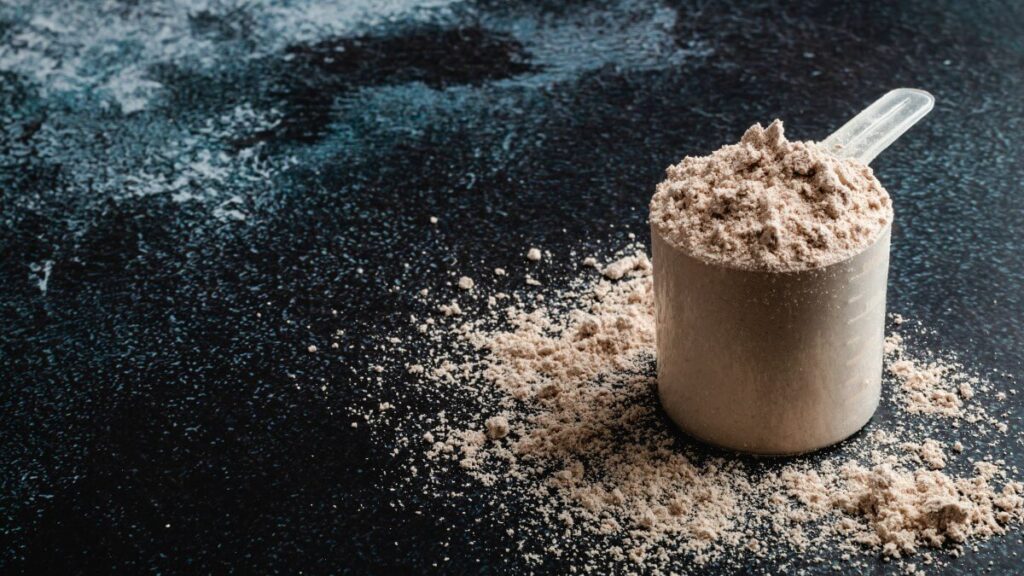
Conclusion Thaiboxing Supplements
In conclusion, the role of supplements in Thaiboxing is a nuanced aspect of an athlete’s training and nutrition strategy. While Thaiboxers engage in physically demanding and intense activities, the decision to use supplements should be approached with careful consideration. Understanding the specific needs of the sport, individual health requirements, and consulting with healthcare professionals or nutrition experts is crucial.
Certain supplements, such as vitamin D, calcium, magnesium, and protein, may be particularly beneficial for Thaiboxers to support overall health, bone strength, muscle function, and recovery. However, the emphasis should always be on obtaining essential nutrients from a well-balanced diet, with supplements serving as a supplementary measure when necessary.
Moreover, the choice of supplements should be based on individual goals, training intensity, and any potential deficiencies identified through professional guidance. It is vital for Thaiboxers to prioritize their health and performance by adopting a holistic approach that includes proper nutrition, hydration, rest, and training techniques.
In the dynamic world of Thaiboxing, where agility, strength, and endurance are paramount, a comprehensive and individualized approach to supplementation can contribute to enhanced performance and overall well-being. As the landscape of sports nutrition evolves, staying informed and seeking guidance from qualified professionals ensures that Thaiboxers can optimize their training and achieve their full potential while maintaining a focus on long-term health and sustainability.
This was Part 1 of our Muay Thai Supplement Guide. Find out more about: fish oils, green tea powder and isotonic supplements in Part 2
Do you have any recommendation for Muay Thai Supplements? Just leave a comment below!





